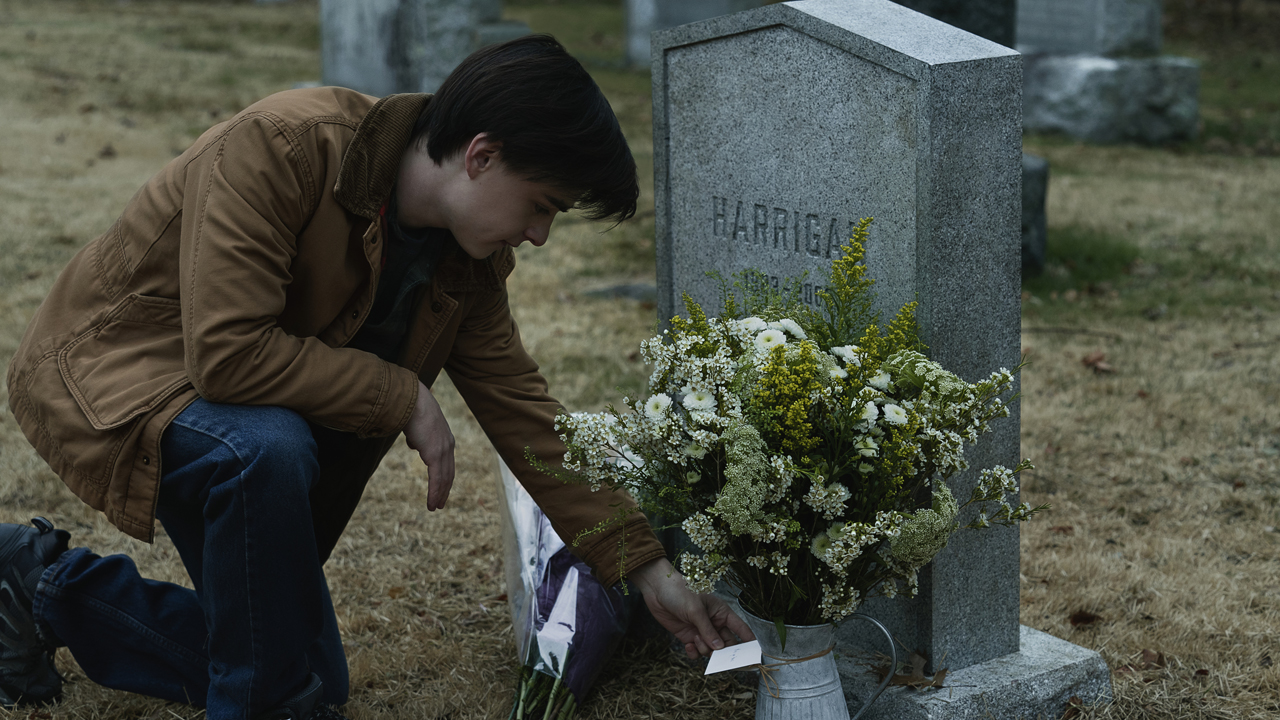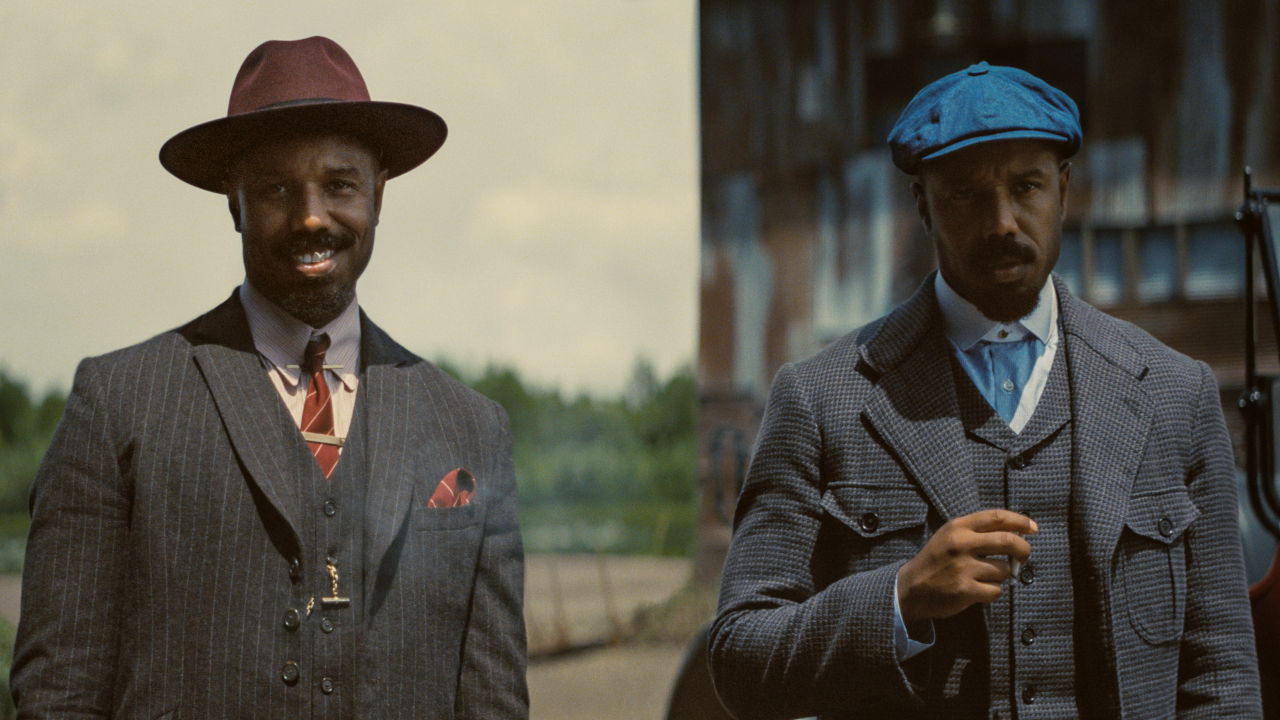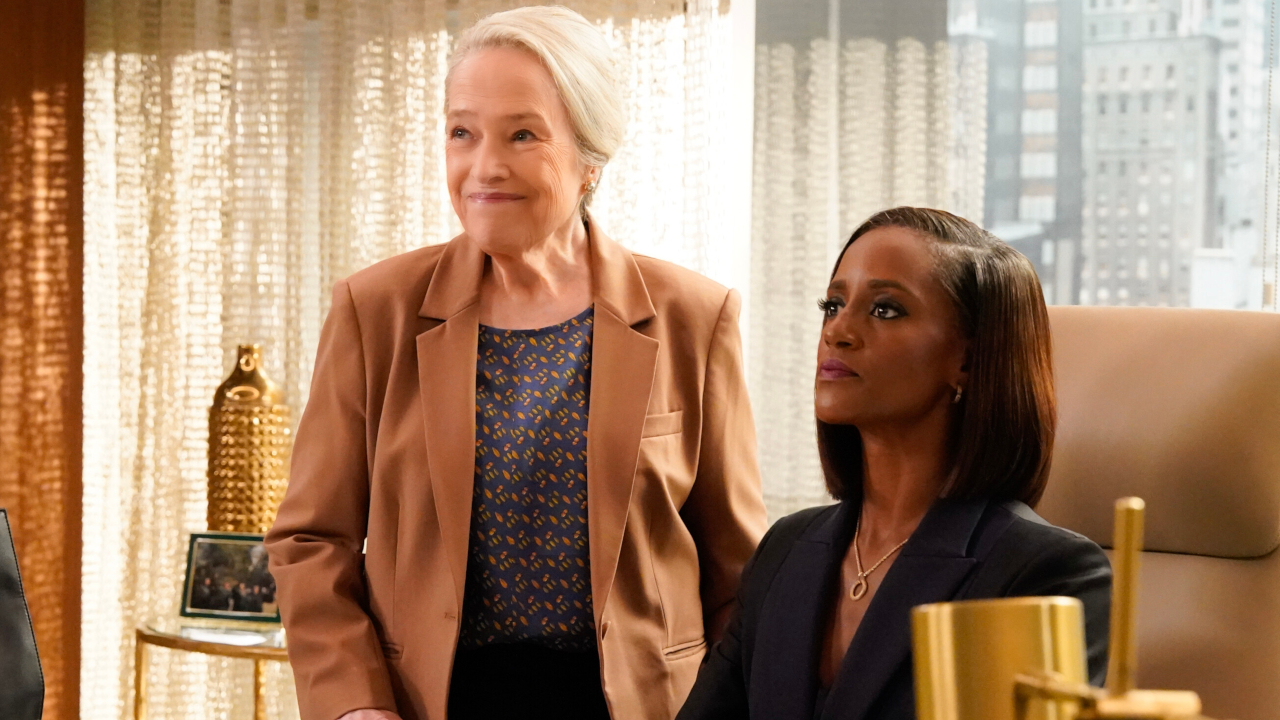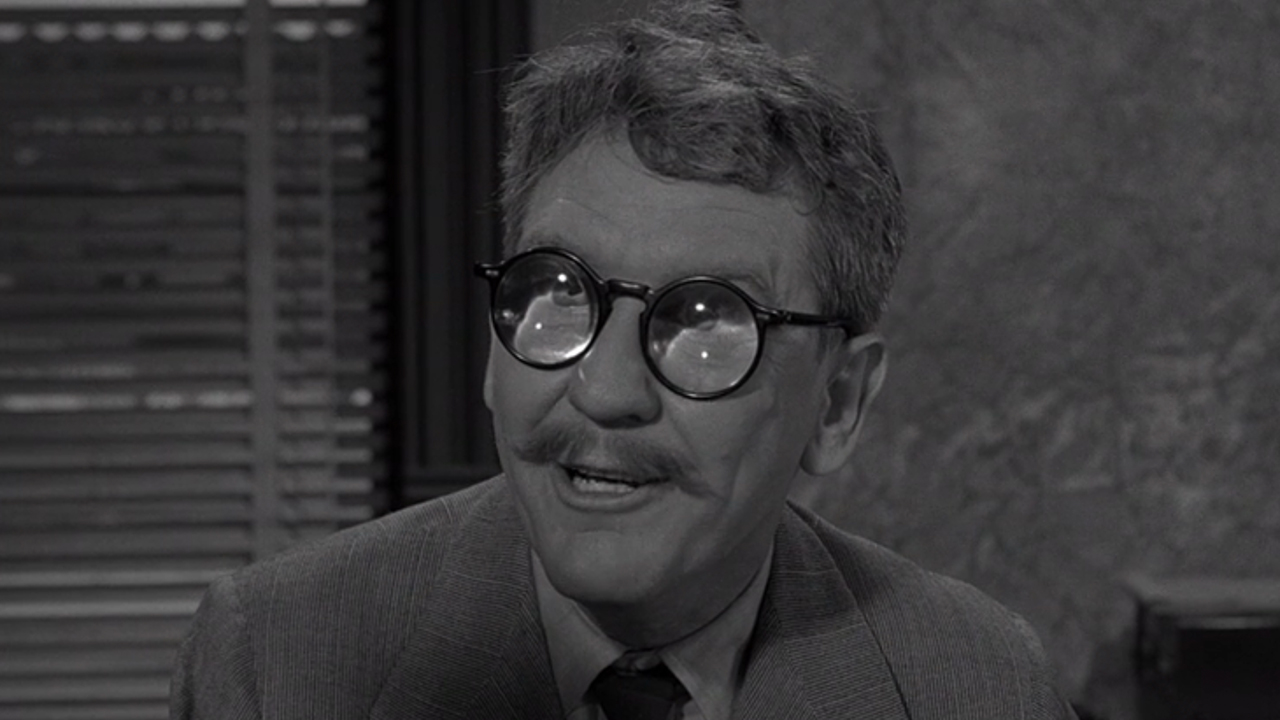Mr. Harrigan's Phone Ending Explained: Two Key Ways It Differs From Stephen King's Novella
This isn't exactly the same.
SPOILER WARNING: The following article contains massive spoilers for Mr. Harrigan’s Phone. If you have not yet watched the movie, proceed at your own risk!
As far as faithfulness is concerned, there is no such thing as a perfect Stephen King adaptation. Even those that practically use the source material as a script still deviate from the original work in some way, be it with changes to the presentation of a character or the cutting of a scene. John Lee Hancock’s Mr. Harrigan’s Phone, the new Netflix movie, is no exception, as Constant Readers will find some key details in the ending that don’t perfectly line up with what King originally put on the page.
So, what exactly happens at the end of the movie, and how does it change things up from the source material? That’s exactly the subject that we’ve created this feature to address, and we’ll start with a recap of the Mr. Harrigan’s Phone’s ending.

What Happens At The End Of Mr. Harrigan’s Phone
As Craig (Jaden Martell) goes off to college, attempting to leave his connection with Mr. Harrigan (Donald Sutherland) in the past, he is brought back home by shocking and devastating news. He learns from a call with his dad (Joe Tippett) that his favorite teacher from high school, Ms. Hart (Kirby Howell-Baptiste), is dead – having been involved in a head-on car collision with a drunk driver named Deane Whitmore (Daniel Reece) while on a trip to Vermont with her new fiancé.
Craig attends Ms. Hart’s funeral and is sure that justice will be served – but what he doesn’t factor in is that Deane Whitmore is rich. A judge suspends a four year sentence and instead sentences the man to a six-month stint at a rehab facility, and this development sends the teen protagonist into a rage. Going back home, he digs out his old iPhone, charges it, and calls Mr. Harrigan. Despite a long time having passed, the voicemail is still active, and Craig specifically says that he wants Ms. Hart’s killer to die.
A short time later, after returning to school and questioning whether or not anything would happen, Craig reads an article saying that Deane Whitmore was found dead. No details about the circumstances of the death are released by the police, so Craig travels to the rehab facility. After bribing an employee, he learns that Whitmore killed himself by going into his private shower, guzzling a bottle of shampoo to “grease the runway,” and cramming half a bar of “fancy soap” down his throat. It turns out this fancy soap is from the brand Booth Bay (which is the same brand that Ms. Hart used), and he left a note saying, “Keep giving all the love you can,” which is a line from the Tammy Wynette song “Stand By Your Man” (a.k.a. Mr. Harrigan’s ringtone)
Returning to his house in Maine, Craig finds his old iPhone and discovers that he has a new text from Mr. Harrigan – though once again it only includes a series of letters. It reads:
CINEMABLEND NEWSLETTER
Your Daily Blend of Entertainment News
C C C sT
He then goes to the cemetery and visits Mr. Harrigan’s grave. He explains that he has deciphered the meaning of the last text message, and he believes that his deceased friend is trying to say, “Craig, stop.” What he isn’t sure of is whether or not he is hurting Mr. Harrigan, or if Mr. Harrigan is trying to stop him from hurting himself. He then gets up, goes over to his mother’s grave, weeps, and apologizes.
With inspiration from his pain, Craig sprints to a cliff overlooking the local lake and throws his old iPhone away – permanently severing his connection to Mr. Harrigan. He briefly considers doing the same thing to his current iPhone, but he doesn’t do it, recognizing in voiceover that smart phones are how we are wedded to the world in the 21st century (though “it’s probably a bad marriage.”) He keeps the device, but he declares that when he dies, he wants to be buried with empty pockets.

Two Key Ways Mr. Harrigan’s Phone Differs From Stephen King’s Novella
Overall, Mr. Harrigan’s Phone is a very faithful adaptation of Stephen King’s work, but it does make some changes along the way – and this includes details in the ending. The events that play out are the same, including the deaths of Deane Whitmore and Ms. Hart (who is Ms. Hargensen in the novella), but there are some minor tweaks that are made.
Unlike the death of Kenny Yankovich (Cyrus Arnold) – which is completely different in the novella – Deane Whitmore’s suicide plays out exactly as Stephen King describes it on the page… though there is a small addition made: the brand of soap. In the source material, Craig develops a crush on Mr. Hargensen and makes note of her perfume after he gets assaulted by Kenny, but John Lee Hancock changes things in the adaptation. In that same scene, Ms. Hart responds to her student’s complement about how she smells by saying that she uses Booth Bay soap, and its inclusion sets up the extra detail in Whitmore’s mysterious and terrible “suicide.” Paired with the Tammy Wynette lyric, it drives home who is really responsible for what happened.
Also new is the scene in the cemetery. With Stephen King’s novella being written in the first person from Craig’s perspective, the deciphering of Mr. Harrigan’s final text message is processed internally by the protagonist, but clearly John Lee Hancock didn’t just want to deliver the idea via voiceover. Visiting Mr. Harrigan’s grave allows Craig to express his thoughts internally and naturally, and he additionally gets an emotional moment when he visits his mom’s final resting place.
Craig’s mother isn’t a prominent figure in Stephen King’s story as originally written, though there is a sweet paragraph where he laments her not being around after being beat up by Kenny. In addition to having more of an emphasis on Craig’s mother in general, the movie also makes it a piece of connective tissue between the protagonist and Mr. Harrigan, who is revealed to have also lost his mother when he was young.
Mr. Harrigan’s Phone is now available streaming for anyone with a Netflix subscription, and you can find the novella in the 2020 collection, If It Bleeds. For more about Stephen King adaptations, you can learn about everything that is presently in the works via our upcoming Stephen King movies and TV guide, and learn about the long history of big and small screen projects with my weekly Adapting Stephen King column. You can also check out our ranking of the best Stephen King films, and learn how to build the ultimate Stephen King collection.

Eric Eisenberg is the Assistant Managing Editor at CinemaBlend. After graduating Boston University and earning a bachelor’s degree in journalism, he took a part-time job as a staff writer for CinemaBlend, and after six months was offered the opportunity to move to Los Angeles and take on a newly created West Coast Editor position. Over a decade later, he's continuing to advance his interests and expertise. In addition to conducting filmmaker interviews and contributing to the news and feature content of the site, Eric also oversees the Movie Reviews section, writes the the weekend box office report (published Sundays), and is the site's resident Stephen King expert. He has two King-related columns.










